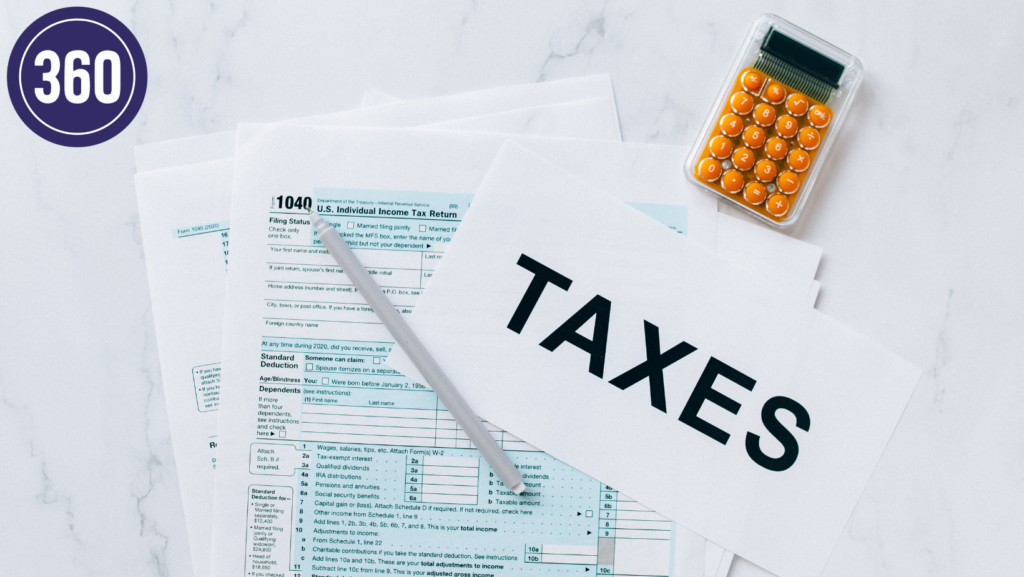Level 2 Accounting Qualification

What is Accounting?
Accounting is a systematic process of recording, summarizing, analyzing, and reporting financial transactions of a business or an individual. Accounts involves measuring, processing, and communicating financial information about economic entities.
The primary purpose of accounting is to provide stakeholders—such as investors, creditors, management, and regulators—with accurate and relevant information about the financial health and performance of an entity. Accounting helps in making informed decisions, assessing profitability, financial position, and cash flow, and ensuring compliance with legal and regulatory requirements.
Branches of Accounting:
- Financial Accounting – Focuses on external reporting to stakeholders.
- Managerial Accounting – Helps with internal decision-making.
- Tax Accounting – Deals with tax-related financial matters.
- Auditing – Ensures the accuracy and integrity of financial information.
Overview of the Role
A Level 2 Accounting Qualification is designed for individuals looking to build a foundation in financial processes and accounting practices. It helps maintain an efficient and accurate finance function within a business and can be applied across various sectors.
Occupation Summary
This qualification is applicable in organizations of all sizes, including small businesses, partnerships, large corporations, and public sector institutions such as government offices, hospitals, schools, and colleges. It can also support a career in accountancy firms offering services to multiple clients.
Key Responsibilities:
- Data entry and financial record management
- Reconciling figures and maintaining accurate bookkeeping
- Handling accounts payable and receivable
- Preparing trial balances and financial statements
- Managing cash transactions and purchase/sales ledgers
- Assisting accountants with routine financial duties
An accounts or finance assistant is a crucial part of the finance team, working under supervision to ensure accuracy in financial data and compliance with set procedures.
Job Titles Associated with This Qualification:
- Accounts Administrator
- Accounts Assistant
- Accounts Payable Clerk
- Assistant Bookkeeper
- Business Accounts Administrator
- Finance Assistant
- Junior Cashier
Where Can Accounting Lead?
Want to open your own accountancy firm in the future? Do you see yourself managing the accounts for a high-end business? An apprenticeship can get you there!
An accounting apprenticeship can lead to various career paths and opportunities within accounting and finance. Potential career outcomes include:
Career Pathways:
- Entry-Level Accounting Roles – Bookkeeper, accounts assistant, accounts payable/receivable clerk, payroll administrator.
- Professional Certification – Progression to qualifications like AAT, CPA, CMA, or Chartered Accountant (CA).
- Career Progression – Advancement to senior roles such as senior accountant, financial controller, or finance director.
- Specializations – Options to focus on areas like tax accounting, forensic accounting, management accounting, or auditing.
- Entrepreneurship – The ability to start your own bookkeeping or accounting firm.
- Higher Education – The opportunity to pursue advanced qualifications such as a bachelor’s or master’s degree in accounting or finance.
Employers seek candidates with strong analytical, mathematical, and problem-solving skills, along with excellent work ethics and attention to detail.
Preparing for an Accounting Apprenticeship Interview
If you’re preparing for an accounting apprenticeship interview, keep these tips in mind:
- Understand Accounting Basics – Be familiar with bookkeeping, ledgers, financial statements, and key principles.
- Demonstrate Analytical & Problem-Solving Skills – Employers look for candidates who can think critically and handle numbers efficiently.
- Showcase Work Ethic & Transferable Skills – Strong communication, attention to detail, and organizational abilities are essential.
- Practice Common Questions – Be ready to discuss why you chose accounting and your long-term career aspirations.
- Research the Employer – Understanding the company’s operations and financial processes will give you an edge.
By successfully completing the Level 2 Accounting Qualification, you’ll gain essential financial skills, opening doors to a rewarding career in accounting and finance.
Useful Links
https://www.360apprenticeships.co.uk/accounting-apprenticeships/